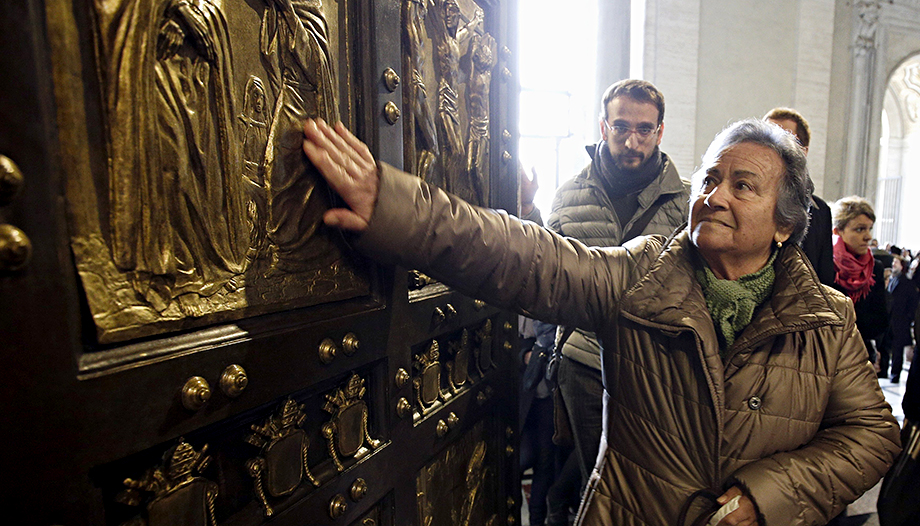There is a well-known saying that all roads lead to Rome. Rarely, as in the context of a universal Jubilee of the Church, do these words take on a more profound meaning. Even more so, if possible, in the midst of a world in which the roads seem blurred and the hope of a goal becomes blurred and unrealistic. We could almost say that the Church has, humanly speaking, little or nothing to celebrate.
From the tiles down, jubilation and joy become almost a challenge for today's Catholic, but the important thing is that we Christians are called (with our feet on the ground, in the mud) to look to heaven, to follow the logic of the pilgrim.
"What happiness do we hope and wish for?", Pope Francis asks in the Bull of Convocation of the Jubilee, Spes non confundit. in which the pontiff himself responds: "It is not a matter of a passing joy, of an ephemeral satisfaction that, once attained, continues to ask for more and more, in a spiral of greed where the human spirit is never satisfied, but rather is always emptier. We need a happiness that is definitively realized in that which fulfills us, that is, in love, in order to be able to exclaim, already from now on: I am loved, therefore I am; and I will exist forever in the Love that does not disappoint and from which nothing and no one can ever separate me."
That is the goal of the Jubilee pilgrim. The pilgrim is not a simple walker of unfinished roads. The pilgrim has a goal that goes beyond the terrestrial cardinal point to enter into the form of life, into the heart. He is both walker and builder; he opens, with the Holy Spirit, new paths as he walks. He does not create them, he discovers them with the hungry gaze of love.
Celebrating a new Jubilee under the sign of hope is another of those paradoxes with which Catholics make themselves present in the world.
To remember that God forgives each one of us, beyond the evil we may have done, is to remember that there is life: if there is life, there is hope; if there is hope, there is life. To recognize that each and every one of us needs to be saved, needs to return to its original owner, like those lands that returned to their original owners in the Old Testament Jubilees.
A return that marks the beginning of a new life in God: "That experience full of forgiveness can only open the heart and mind to forgive. Forgiving does not change the past, it cannot change what has already happened; and yet forgiveness can allow the future to change and be lived in a different way, without rancor, anger or revenge.".








